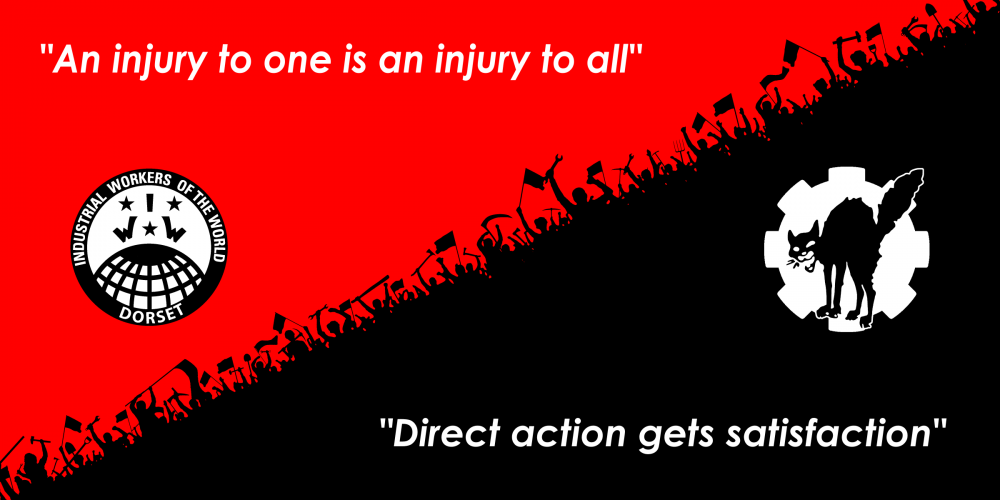 “We were always told one must work to survive, but for the first time we witnessed a situation where to stay alive, one must stop working.”— A factory worker in Delhi (Our friend and comrade Anumeha Yadav interviewed male and female workers in different industries about their experiences during and after Covid.
“We were always told one must work to survive, but for the first time we witnessed a situation where to stay alive, one must stop working.”— A factory worker in Delhi (Our friend and comrade Anumeha Yadav interviewed male and female workers in different industries about their experiences during and after Covid.
We document these interviews here. We engaged in similar interviews here in the UK, if you haven’t read them yet, check out the summary) When the central government announced a lockdown with four hours-notice on March 24th, workers responded in multiple ways. Some queued up for hours to get food rations as relief, others walked or cycled over hundreds of kilometers, leaving slums and the work-sites they reside in, to return to villages for wheat harvest or paddy planting, or to be with their families during a health emergency. Most of these workers lacked any formal contracts and association. But they organised at work-sites to demand being allowed to return to their homes in villages. At many sites, the agitations even turned violent. The government was pressured to run special trains to labour-surplus regions in north and east India.
After June 2020, work steadily resumed at construction sites, commercial establishments including shops, malls, factories, workshops, offices, though with changes. The coronavirus pandemic strained international links in production, and the movement of people across the globe for daily business. The State as well as corporations recalibrated production. Firms cut back operations in some areas, but also expanded into new markets and opportunities, such as in bio-tech, or home deliveries.
Organizations used the flux created by Covid-19 to
